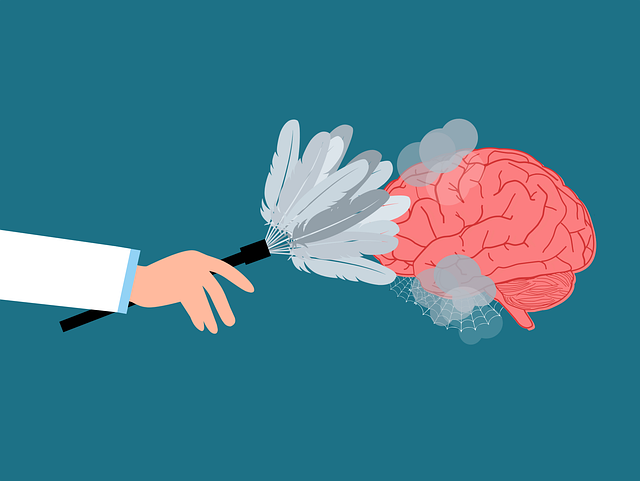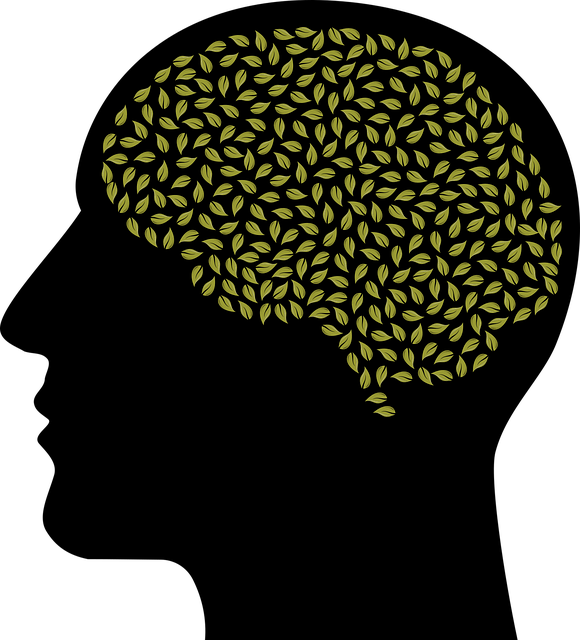Highlands Ranch Codependency Therapy introduces the RFM framework—Resilience, Flexibility, Mastery—to holistically empower individuals in managing life's challenges. By fostering emotional intelligence and addressing deep-seated trauma through Trauma Support Services, this approach cultivates a deeper sense of well-being. Through self-reflection and structured exercises, clients identify and heal codependent behaviors, build resilience, and develop effective coping strategies for stress and trauma, ultimately promoting long-term mental wellness.
“Resilience is key to overcoming codependency, and the RFM (Recovery, Flexibility, Mastery) model offers a powerful framework in Highlands Ranch Codependency Therapy. This article explores how understanding RFM can empower individuals to build resilience. We’ll delve into identifying codependent behaviors, the transformative power of exercises, and practical strategies for incorporating RFM into therapeutic plans. Discover how this approach fosters lasting change, enabling clients to navigate challenges with strength and adaptability.”
- Understanding RFM: A Framework for Resilience in Highlands Ranch Codependency Therapy
- Identifying and Targeting Codependent Behaviors
- The Role of Exercises in Building Individual and Collective Resilience
- Incorporating RFM into Treatment Plans for Lasting Change
Understanding RFM: A Framework for Resilience in Highlands Ranch Codependency Therapy

In Highlands Ranch Codependency Therapy, RFM (Resilience, Flexibility, and Mastery) emerges as a powerful framework designed to equip individuals with the tools they need to navigate life’s challenges effectively. This therapeutic approach recognizes that building resilience is paramount in fostering mental wellness and emotional intelligence among clients. By focusing on these core dimensions, therapists aim to help individuals develop a deeper understanding of their coping mechanisms and strengthen their ability to withstand and bounce back from adversities.
RFM prioritizes flexibility as a key component, encouraging clients to embrace change and adaptivity. This adaptability is crucial in managing codependency issues, where rigid patterns often hinder personal growth. Through tailored exercises, individuals learn to navigate emotional landscapes with heightened awareness and improved emotional intelligence, thereby enhancing their overall resilience. The integration of Trauma Support Services within this framework further underscores the holistic nature of Highlands Ranch Codependency Therapy, addressing deep-seated trauma to enable a more profound and lasting transformation in mental wellness.
Identifying and Targeting Codependent Behaviors

Identifying codependent behaviors is a crucial step in Highlands Ranch Codependency Therapy. These patterns often emerge as ways to cope with emotional pain or insecurity, but they can ultimately hinder personal growth and healthy relationships. Through careful reflection and self-awareness, individuals can recognize signs of codependency, such as constantly seeking validation from others, difficulty setting boundaries, or an overwhelming need to control situations.
Targeting these behaviors involves cultivating compassion and understanding. Compassion cultivation practices encourage individuals to embrace emotional healing processes, fostering self-care and resilience. Additionally, risk management planning for mental health professionals plays a vital role in supporting clients who struggle with codependency by providing tools to navigate challenging situations and make informed decisions while prioritizing their well-being.
The Role of Exercises in Building Individual and Collective Resilience

Resilience is a vital asset for individuals navigating life’s challenges and uncertainties. Building resilience goes beyond personal strength; it involves structured exercises that foster adaptability and bounce back from adverse situations. Through dedicated practices, one can transform their response to stress, trauma, or even everyday pressures. This is where Highlands Ranch Codependency Therapy comes into play, offering a safe space for individuals to explore and develop coping mechanisms.
The role of exercises in resilience building is multifaceted. They provide a framework for self-reflection and emotional regulation, helping individuals identify triggers and develop healthy responses. These exercises often include techniques from risk assessment for mental health professionals, designed to prevent depression and boost confidence. By regularly engaging in such activities, individuals can create a buffer against life’s storms, fostering a sense of control and empowerment. This proactive approach is essential, especially for those seeking long-term well-being and personal growth.
Incorporating RFM into Treatment Plans for Lasting Change

Incorporating RFM (Resilience, Flexibility, and Mastery) into treatment plans is a game-changer in the field of Highlands Ranch codependency therapy. This approach recognizes that lasting change involves more than just addressing symptoms; it requires building resilience to navigate life’s challenges. By integrating RFM principles, therapists can empower individuals to develop coping strategies that enhance their overall well-being and mental fortitude.
Empathy building strategies play a pivotal role in this process. Mental health professionals can help clients identify and challenge codependent behaviors by fostering a deeper understanding of their emotions and triggers. Risk management planning is another crucial component, enabling individuals to anticipate potential stressors and develop effective responses. Mind over matter principles encourage clients to reframe negative thoughts and embrace a growth mindset, ultimately strengthening their ability to overcome adversity.
Highlands Ranch Codependency Therapy (HRCT) offers a unique approach to fostering resilience through the RFM framework. By understanding and identifying codependent behaviors, individuals can begin to target and transform these patterns. The exercises and activities within HRCT serve as powerful tools to build both individual and collective resilience, enabling participants to navigate challenges with greater strength and adaptability. Incorporating these strategies into treatment plans ensures lasting change, empowering individuals to lead more fulfilling lives free from the constraints of codependency.














